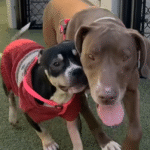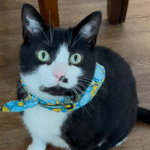Living with a cat can be an enriching experience, offering companionship, comfort, and even a sense of purpose. Unlike dogs, cats have carved a special niche in human lives by combining independence with affection. This article delves into the psychological effects of living with a cat, exploring how this unique bond impacts human mental health and well-being.
The Historical Relationship Between Humans and Cats
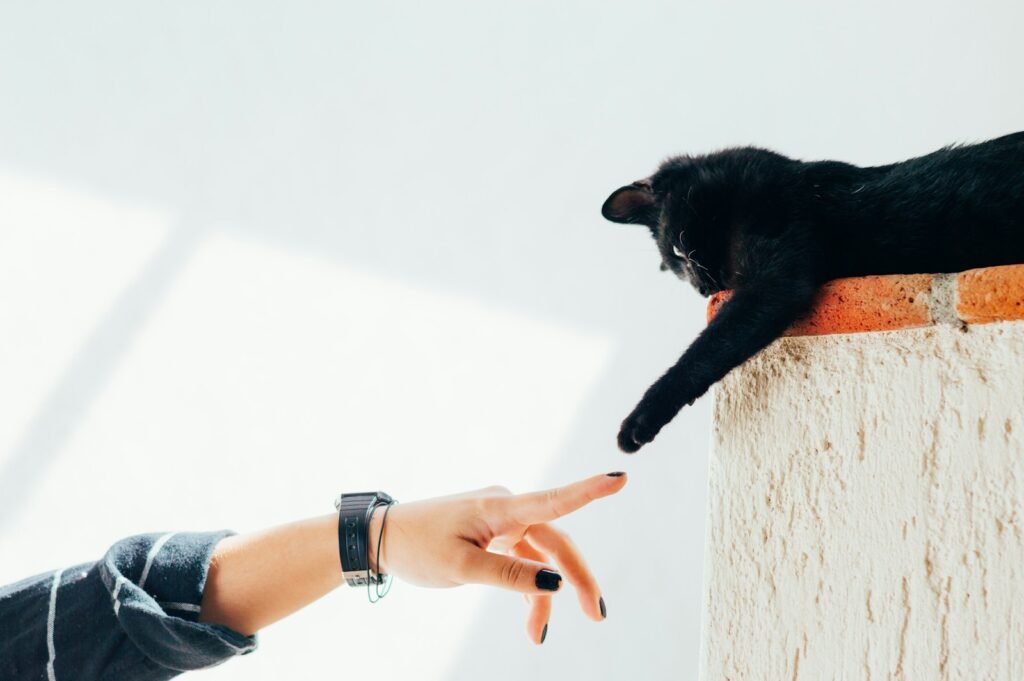
Cats have been part of human society for thousands of years, valued initially for their hunting prowess. This early relationship laid the groundwork for the affectionate bonds we see today. Understanding this historical context can help us appreciate the depth of the psychological connection humans have with their feline companions.
The Science Behind Pet Ownership
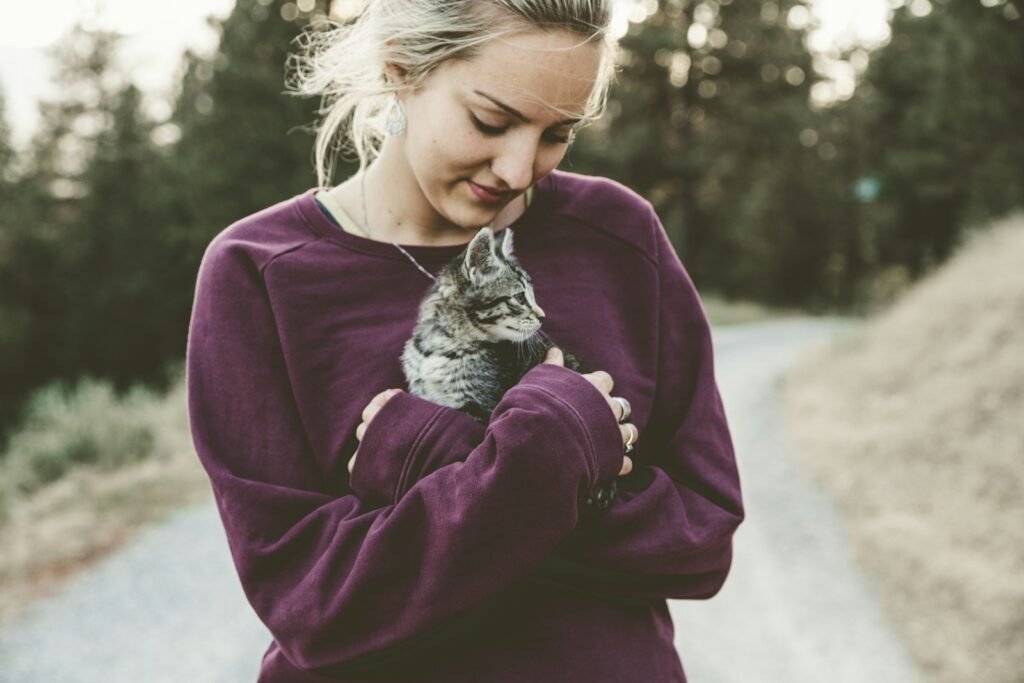
Research in psychology and animal behavior suggests that owning pets can improve mental health by reducing stress and encouraging a routine. These benefits are not exclusive to cats, yet felines possess unique traits that maximize these psychological advantages, making them among the most popular pets worldwide.
Stress Reduction and Relaxation
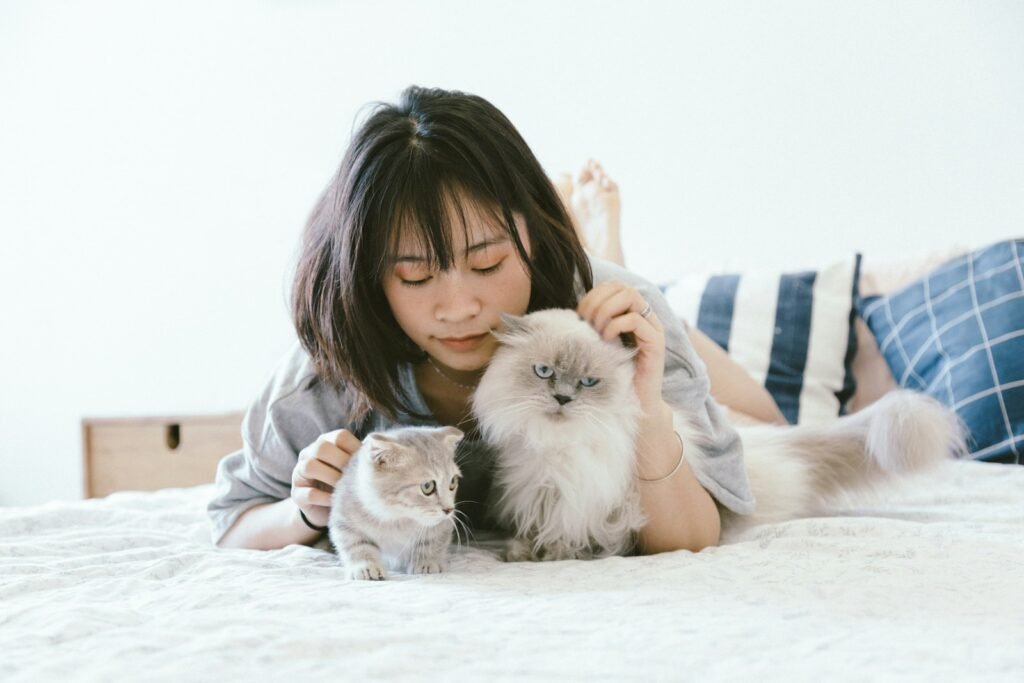
Living with a cat has been shown to significantly reduce stress levels. The simple act of petting a cat can induce feelings of relaxation due to the release of oxytocin, often referred to as the “cuddle hormone.” The soothing presence of a purring cat can also lower blood pressure, contributing to an overall sense of calm.
Combatting Loneliness and Depression
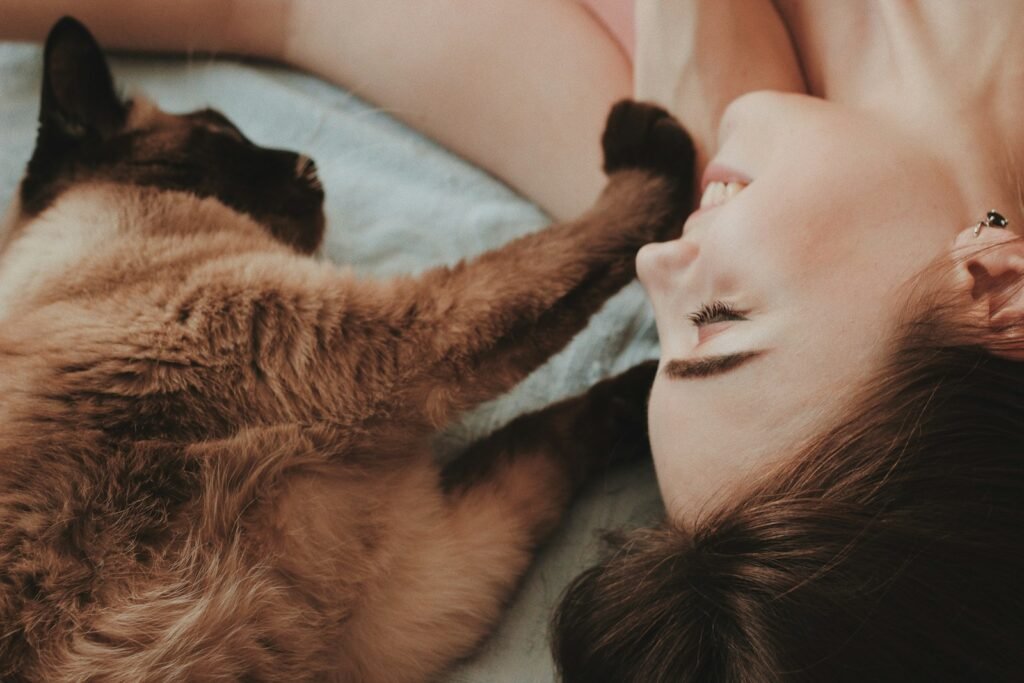
Cats provide emotional support, which can be particularly beneficial for individuals experiencing loneliness or depression. Their companionship offers a sense of connection without requiring the communicative effort needed in human relationships. Cats often respond to emotional cues, providing a therapeutic outlet for their owners.
Building Routine and Responsibility
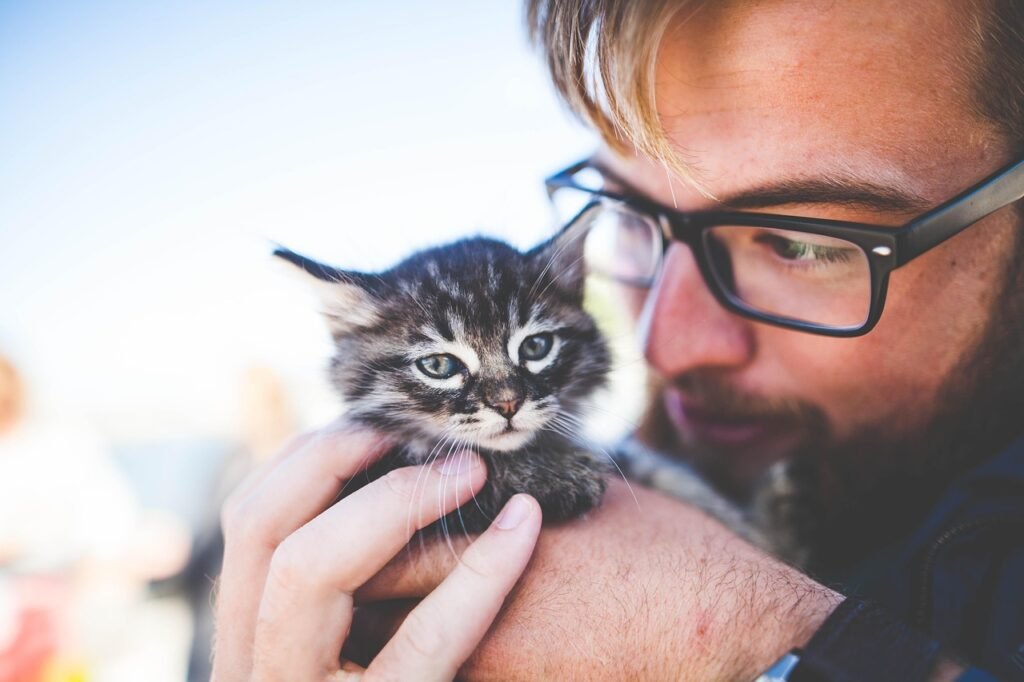
Owning a cat requires a certain level of responsibility, which can instill a sense of purpose and routine in daily life. This structured environment can be particularly advantageous for individuals struggling with depression or anxiety, as it encourages consistent care behaviors and helps mitigate feelings of unpredictability.
Boosting Self-Esteem and Confidence
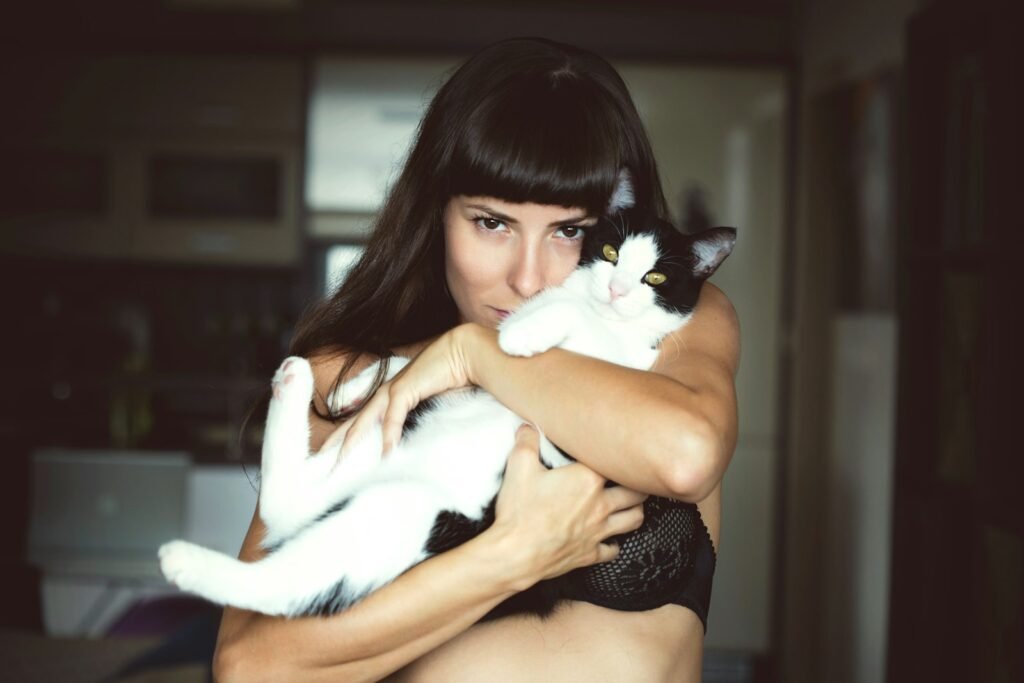
Successfully caring for a cat can bolster self-esteem and confidence. Knowing that they are responsible for another living being creates a sense of accomplishment and competence. This boost in self-worth can translate into other areas of life, enhancing overall mental health.
Enhancing Social Connections

Cat ownership can also pave the way for increased social interaction. Whether sharing experiences with fellow cat owners or engaging in community events, the shared interest in feline companions can break down social barriers and create a sense of belonging.
Developing Empathy and Emotional Intelligence
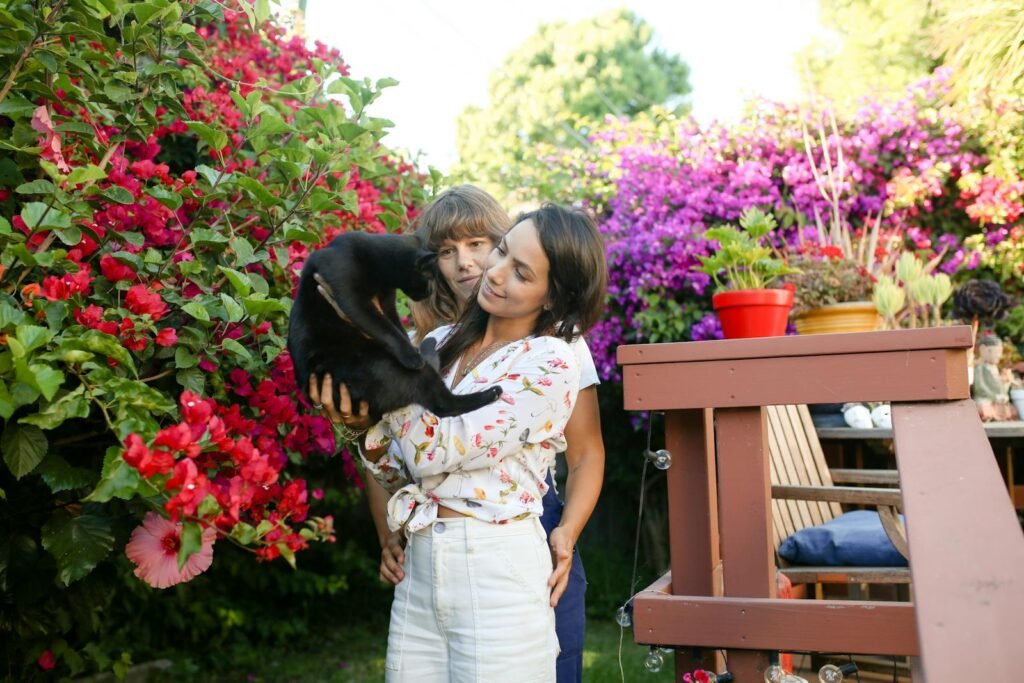
Living with a cat requires interpreting non-verbal cues and understanding their needs, which can improve empathy and emotional intelligence. These skills not only enhance the human-feline relationship but also positively influence interpersonal interactions and social understanding in a broader sense.
Potential Downsides: Allergies and Behavioral Issues

Despite the numerous benefits, there are potential downsides to cat ownership that must be considered. Allergies and behavioral issues such as scratching or aggression can affect the quality of the relationship. Addressing these challenges requires patience, understanding, and sometimes professional guidance to maintain a healthy bond.
Conclusion: The Unique Role of Cats in Mental Health
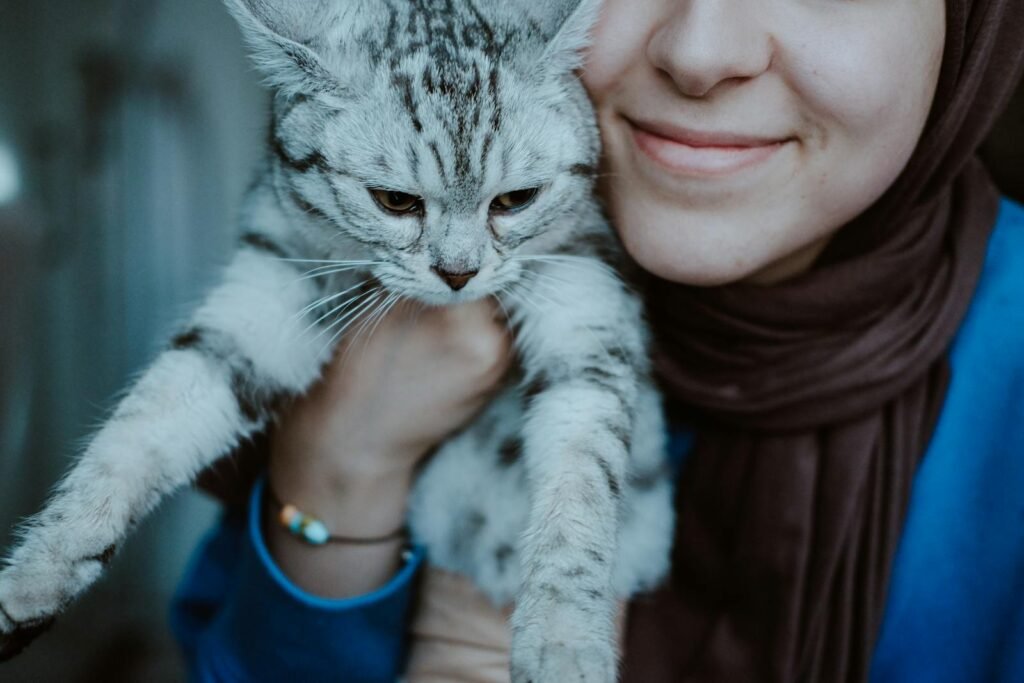
The psychological effects of living with a cat are profound and multifaceted. From reducing stress and combating loneliness to fostering empathy and routine, cats offer a unique blend of companionship and support. Understanding these impacts not only enhances the human-feline relationship but also underscores the vital role that animals can play in human mental well-being.

Growing up traveling and experiencing new cultures and wonders, I have had a passion for nature, adventuring, photography, and videography. I am currently working towards a BSc in Biodiversity and Ecology at Stellenbosch University, and I hope to specialise in Marine Sciences one day.
Please send any feedback to Feedback@animalsaroundtheglobe.com



